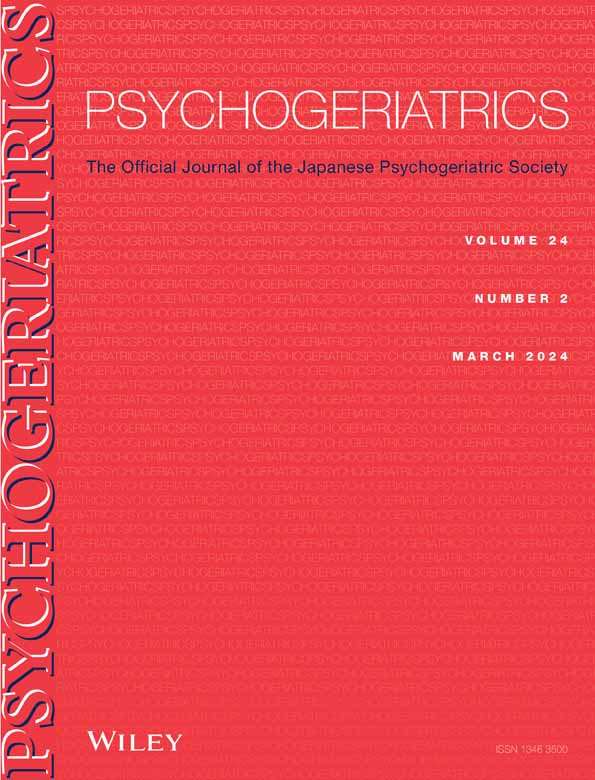A short staff training system for behavioural and psychological symptoms of dementia in care facilities, based on functional analysis and positive behaviour support: a single-arm pre- and post-comparative study
Disclosure: all authors declare no conflict of interests for this article.
Abstract
Background
Work schedules can make it challenging for professional care workers to participate in long-term training programs on managing behavioural and psychological symptoms of dementia (BPSD). Simultaneously, it is necessary to prevent caregivers' negative responses to BPSD, provide a positive environment for people with dementia, and create a system for new management plans, since the initial one is often unsuccessful. Therefore, we developed a short manual-based training system for functional analysis including positive behaviour support and strategies when management plans do not function well. This study aimed to preliminarily examine the usefulness of this system.
Methods
Thirty-five staff members from 12 care facilities participated in the training. For each facility, off-the-job training was performed in two 120-min sessions held over 2 days. Then, care plans were implemented by staff members for a month, during which on-the-job training was provided. The study included 14 people with dementia and BPSD. This was a single-arm study without a control group. Pre- and post-tests were conducted to examine the effects of the training system using the Neuropsychiatric Inventory–Nursing Home Version.
Results
The results of the pre- and post-tests for the total scores on severity and occupational disruptiveness significantly improved, with large effect sizes. Regarding symptom domains, delusions, agitation/aggression, and aberrant motor behaviour significantly improved in both severity and occupational disruptiveness. Depression/dysphoria and anxiety significantly improved in severity; however, there were trends of improvement in occupational disruptiveness. In addition, the effect sizes for severity and occupational disruptiveness of delusions and agitation/aggression were large.
Conclusions
This preliminary study suggests that the training system is promising. A randomised controlled trial with a larger sample size is necessary to confirm the findings.
Open Research
DATA AVAILABILITY STATEMENT
The data that support the findings of this study are available from the corresponding author upon reasonable request.




